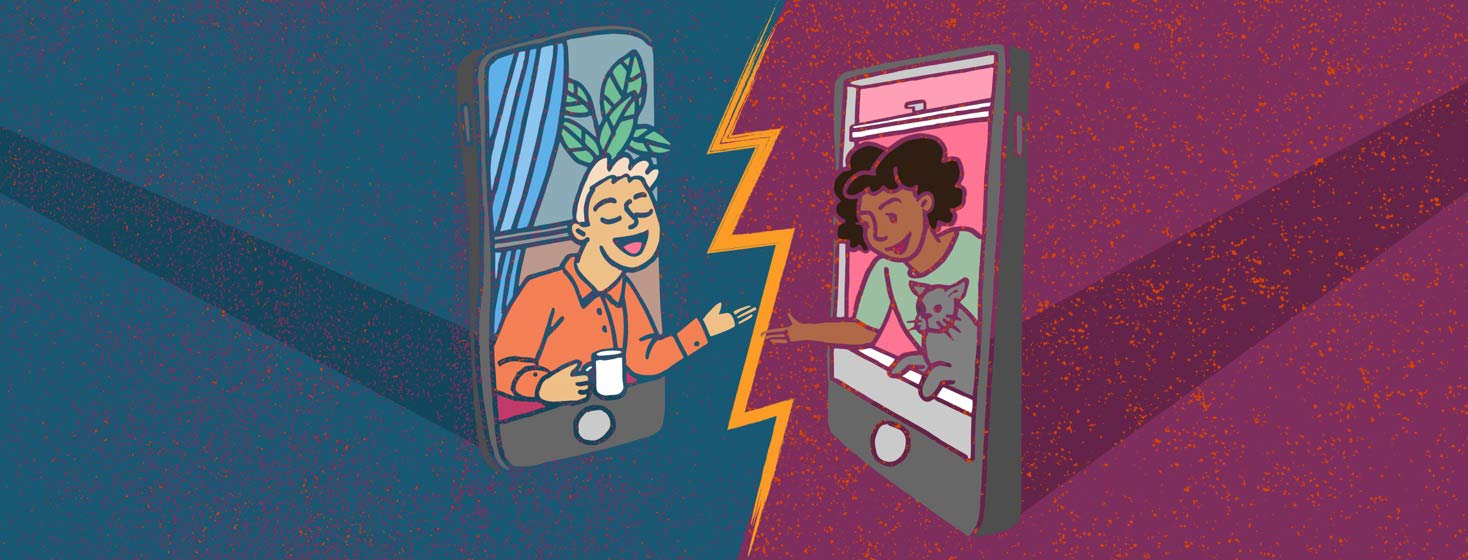#CallWaiting
When I receive a phone call or a video call unexpectedly, I am always surprised a little bit. I am so accustomed to the quick and short responses of text messages. Having a conversation on a regular basis looks different to us as a society overall. We oftentimes use written communication more often than we speak to each other.
Preferred communication
In fact, sometimes that phone ringing can bring with it the anxiety of urgency and ‘acting’ a certain way for others. Sometimes, I may deepen my voice or put on a positive attitude for others.
There is a comfort of having my messages written in stone on my phone or tablet. I actually even receive reminders to take PrEP and schedule my appointments via text messages. It is a way of life that in some ways I embrace. But more often, I prefer to hear the sound of a human voice.
Human interaction as part of patient-centered care
Sometimes I have nostalgia for a human voice on the other end of the phone. There is something nice about calling the doctor’s office and talking to a person to schedule your next visit. I like the flexibility of being able to check up on other medications I’m taking and be able to build a relationship with the staff.
These interactions have a positive effect
These experiences of humanity and kind customer service help us through navigating an oftentimes confusing maze of health care choices. Especially when dealing with managing my PrEP appointments, having staff who care to follow up with a phone call and a voice message does a lot to brighten my day. It shows me that they care and take the time to get you the right information.
Good interaction show that doctors care
At my last doctor’s visit, I had some lab work done because one of my measurements for kidney function had been high. The doctor called me with the results and left me a message.
I checked it but did not have a way to get back in contact with her. She then followed up a few days later and we had a great chat about the results. We talked about the importance of diet and lifestyle changes that might be in order to keep your body in good function.
This doctor’s persistence to get this information to me meant a lot. This was, in fact, our first interaction as my primary care doctor and I was pleased beyond my expectations.
The importance of patient-centered care
I feel like there is no substitute for this kind of service-oriented and patient-oriented care. I feel like to be notified over text message or email with a readout and a doctor’s suggestion cuts out something more valuable, relationship.
Responding to the needs of individuals and communities
Doctor’s are oftentimes just mechanics of the body. However, people don’t function like machines. Doctors have to be able to respond to the needs of individuals and the communities they serve. And ultimately this shows first and foremost in how we communicate and respect one another.
Can you relate to how your visits to the doctor’s office have changed over the years? What are some good and not so good changes you experience?

Join the conversation